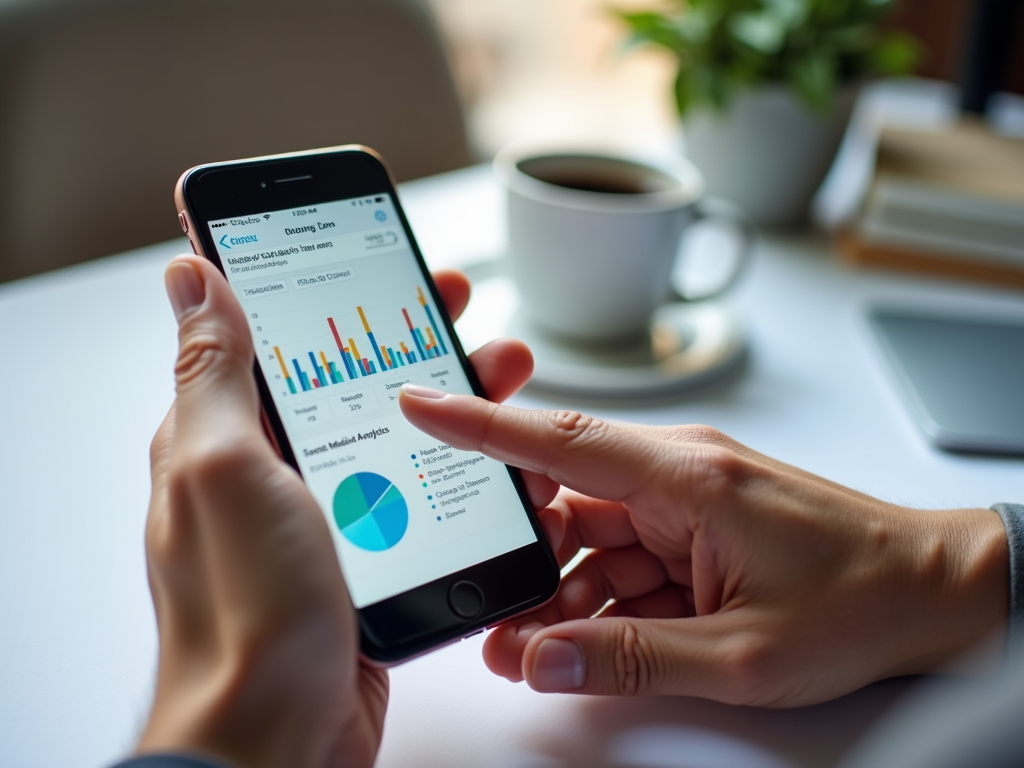In today’s digital landscape, the ability to listen and respond to your audience has never been more critical. With the rise of various social media platforms, brands are not only competing for attention but also for loyalty in an ever-crowded marketplace. To thrive, companies must shift their focus from traditional marketing methods to more contemporary strategies that incorporate social listening tools. These tools enable brands to tap into the pulse of consumer sentiment and opinions, offering invaluable insights that can refine and elevate marketing efforts.
Social listening encompasses the practice of monitoring online conversations to understand the discussions surrounding your brand, product, or industry. This goes beyond merely tracking direct mentions on social media; it involves analyzing the emotions, sentiments, and trends that shape consumer perceptions. With the right social listening strategies, marketers can unlock a treasure trove of data that allows for enhanced engagement and ultimately drives sales.
Understanding Social Listening

To harness the power of social listening, it’s essential to clarify what this term means and how it differs from social monitoring. While social monitoring focuses on observing the metrics and mentions of a brand, social listening delves deeper into the sentiments and context of those conversations. By utilizing social listening, brands can enhance their brand awareness, customer engagement, and overall market presence.
- Keyword Tracking: Identifying relevant keywords and phrases helps brands capture significant conversations.
- Sentiment Analysis: Understanding customer emotions through sentiment analysis can guide marketing decisions.
- Competitor Analysis: Monitoring competitors provides insights into market positioning and strategies.
Benefits of Social Listening Tools

Integrating social listening tools in your marketing strategy offers a multitude of benefits that can give you a competitive edge. One of the primary advantages is the enhancement of customer insights. By understanding what customers are saying, brands can tailor their campaigns to meet specific needs and preferences. This level of personalization fosters a more meaningful connection with the audience.
Another significant benefit is reputation management. Social listening tools allow brands to keep a finger on the pulse of public opinion, enabling quick responses to negative feedback and allowing for proactive reputation management. When brands take control of the narrative, they can mitigate potential backlash before it spirals out of control.
| Benefit | Description |
|---|---|
| Enhanced Customer Insights | Tailoring marketing efforts based on customer preferences and opinions. |
| Reputation Management | Quickly addressing negative sentiment to maintain brand integrity. |
| Identifying Trends | Spotting emerging trends that can influence future marketing strategies. |
By monitoring conversations across various platforms, brands can detect emerging trends that may not yet be on their radar. These insights can push companies to pivot their strategies in real-time, ensuring they stay relevant. Whether it’s a shift in consumer preferences or a new viral trend, being proactive rather than reactive is crucial in today’s fast-paced environment.
Choosing the Right Social Listening Tools
With a plethora of social listening tools available, selecting the right one for your needs can be overwhelming. It’s vital to establish criteria based on the specific goals and objectives of your marketing strategy. Key features like real-time monitoring and customizable dashboards are essential for effective data analysis and presentation.
Features to Look For
- Real-time Monitoring: Access to the most current data ensures timely responses.
- Customizable Dashboards: Tailored visual representations of data make it easier to analyze effectively.
- Integration Capabilities: The ability to sync with other marketing platforms streamlines efforts.
Popular Social Listening Tools
Several tools are recognized within the industry for their effectiveness in social listening. Brands often gravitate toward tools like Hootsuite for their all-in-one social media management functionalities, Brandwatch for in-depth analytics, Sprout Social for user-friendly interfaces, and Mention for real-time alerts on brand mentions.
Implementing Social Listening in Your Strategy
The next logical step is to integrate these tools into your existing marketing strategy. Developing clear objectives is paramount. By understanding what insights you’re hoping to gain, be it improving customer satisfaction or identifying new market opportunities, you can channel your data effectively.
Regular monitoring and analysis are essential to allow for timely data interpretation and actionable insights. It’s not just about collecting data; it’s about deriving meaningful conclusions that can inform your marketing efforts. Once you have a firm understanding of your audience’s thoughts, adjusting your marketing strategies accordingly becomes much more manageable.
Итог
In a landscape where consumer voices have gained unprecedented power, the importance of social listening tools cannot be overstated. They allow brands to keep their fingers on the pulse of what customers are saying, enhancing the ability to engage effectively and build a solid reputation. By employing social listening strategies, businesses can ensure they remain relevant and tuned into the needs of their consumers, paving the way for long-term success.
Часто задаваемые вопросы
- What is social listening? Social listening involves monitoring social media channels and online platforms to capture conversations about a brand, product, or industry.
- How can social listening improve marketing strategies? By uncovering customer insights, identifying trends, and monitoring brand sentiment, businesses can adapt their marketing strategies to meet customer needs more effectively.
- What are some popular social listening tools? Some widely used tools include Hootsuite, Brandwatch, Sprout Social, and Mention.
- Is social listening different from social monitoring? Yes, social monitoring focuses primarily on tracking direct mentions and engagement, while social listening involves analyzing conversations and sentiment beyond mentions.
- Can social listening help with reputation management? Absolutely. Social listening tools provide insights into public sentiment and feedback, aiding brands in managing their reputation proactively.
